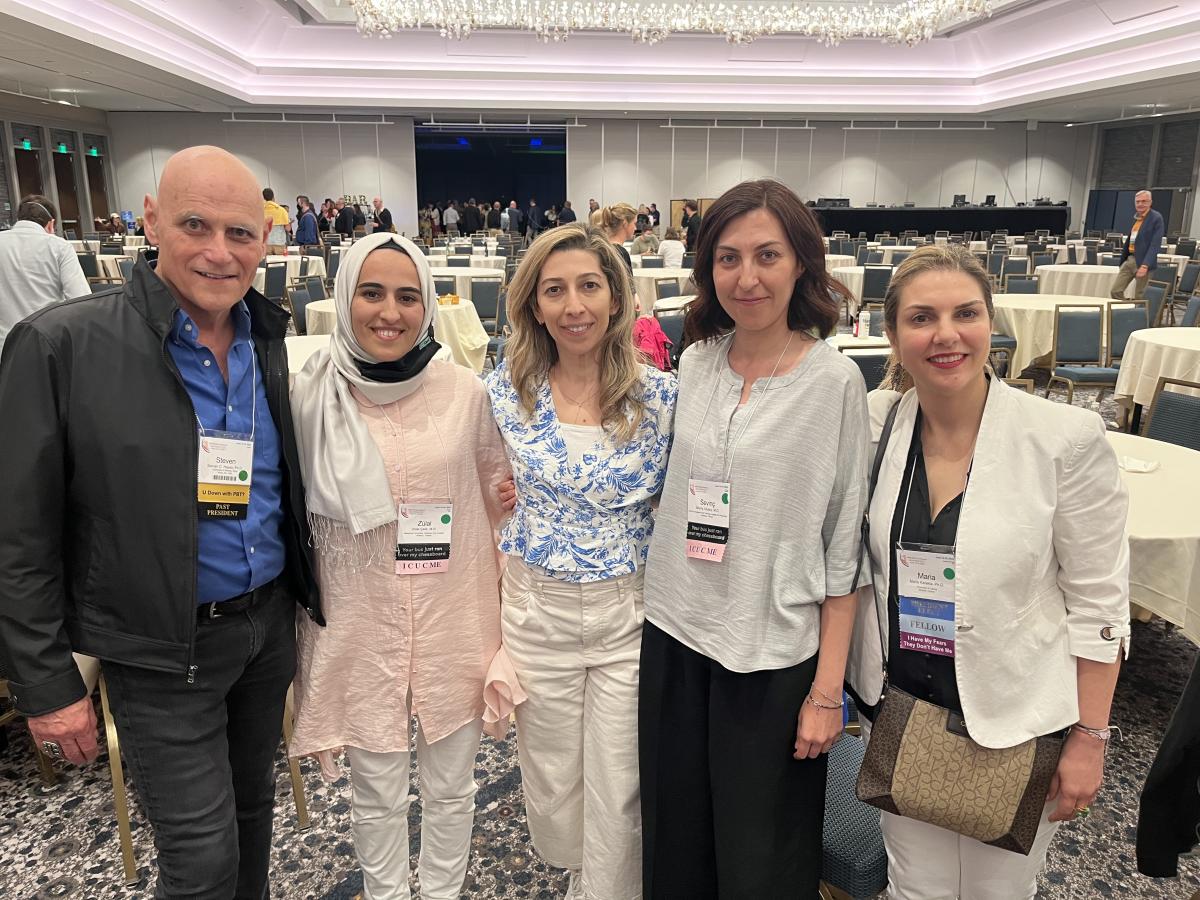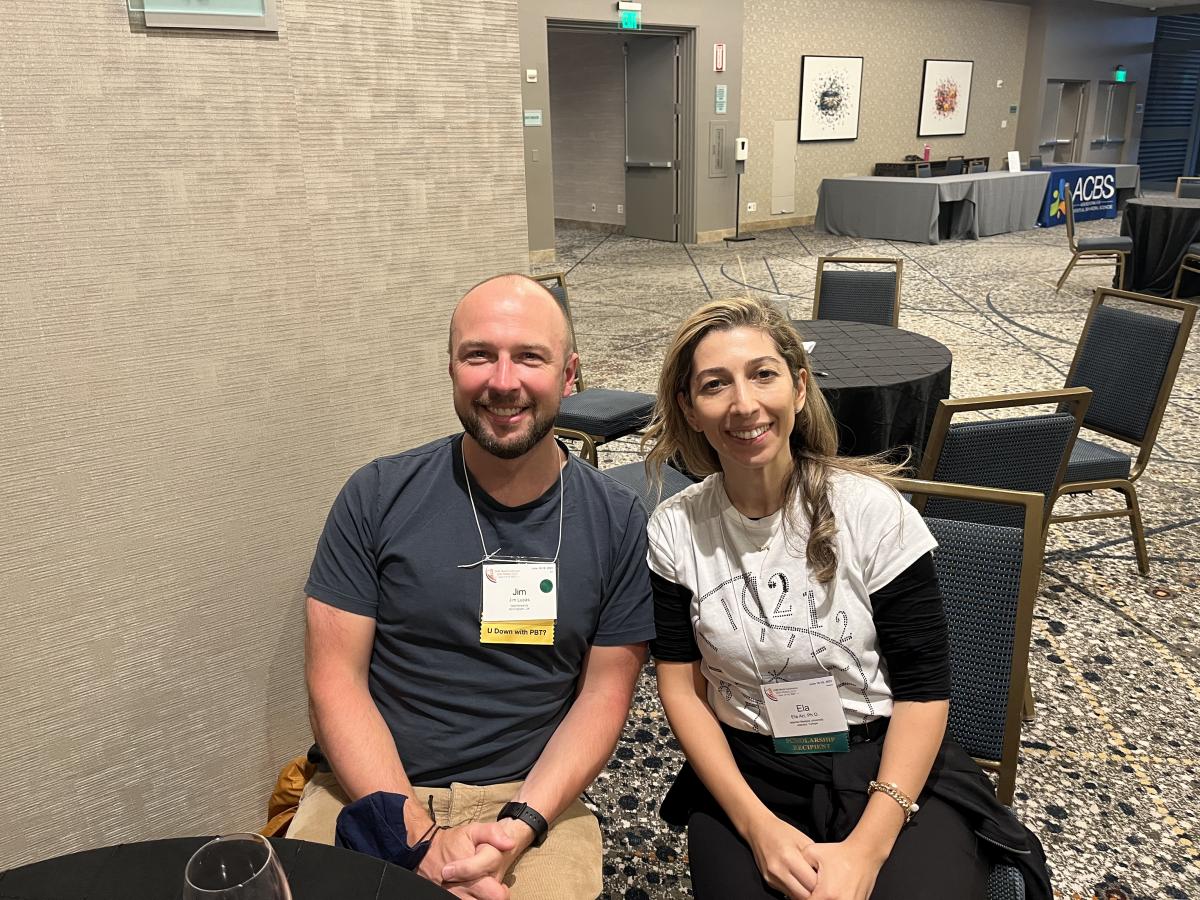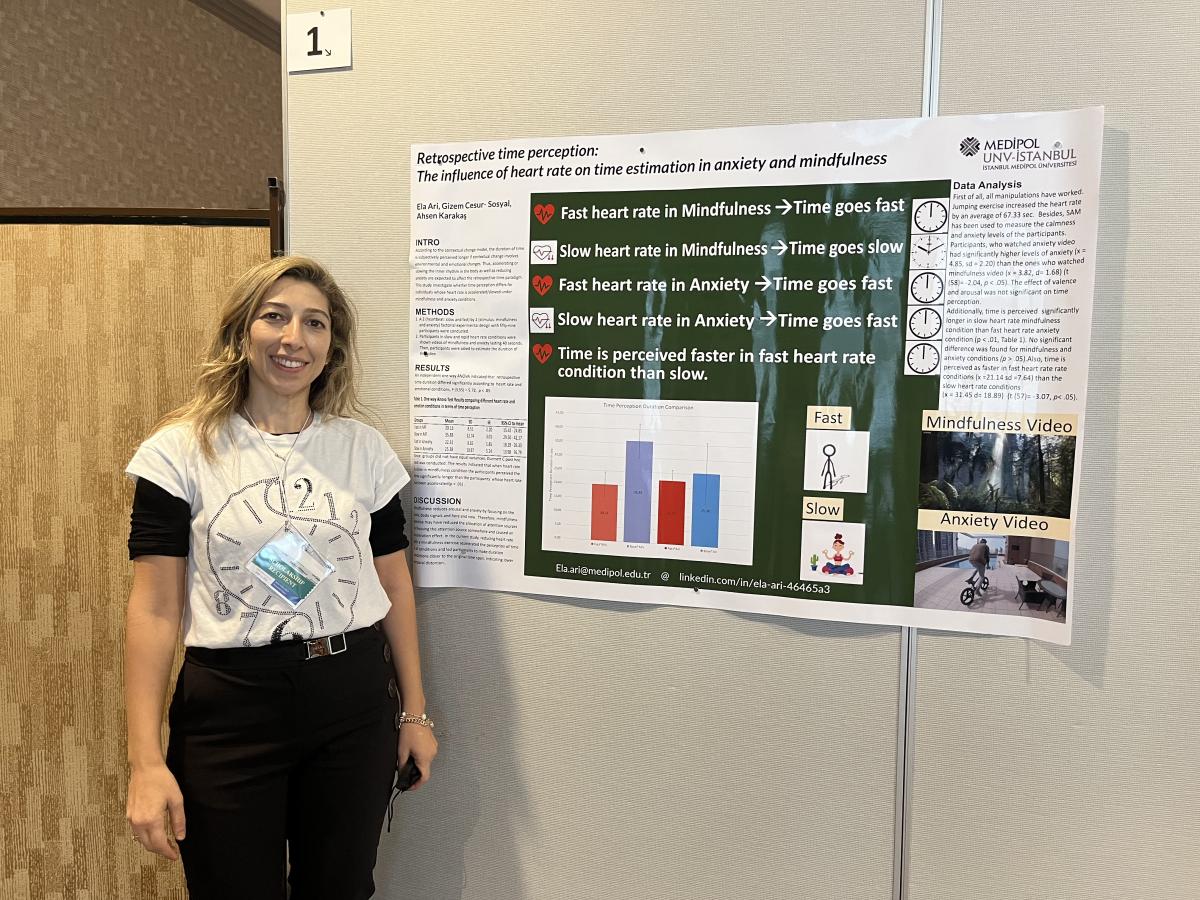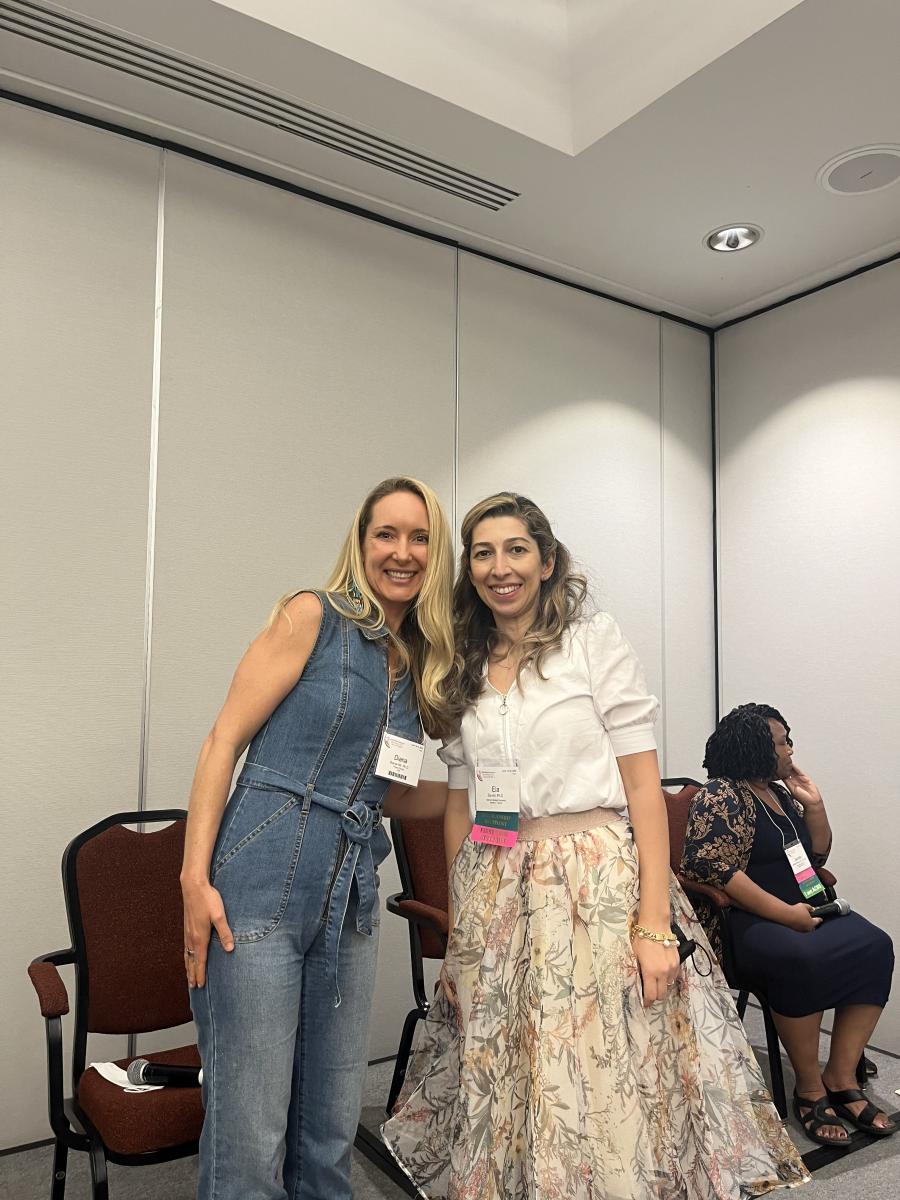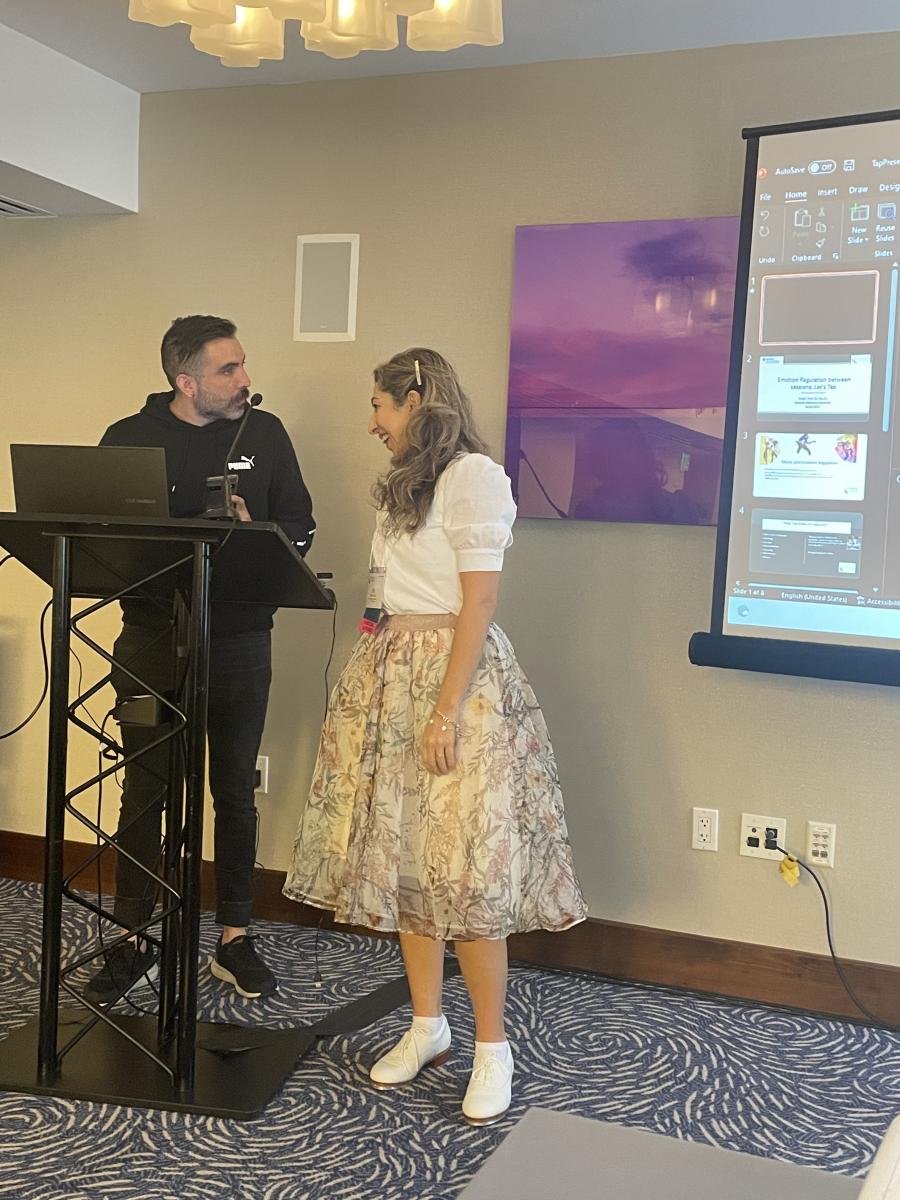2022 ACBS Diversity, Equity and Inclusion Scholars
2022 ACBS Diversity, Equity and Inclusion Scholars office_1Bahia, Brazil Dissemination Activities 2022
Bahia, Brazil Dissemination Activities 2022Luana Karina Pereira, Bahia, Brazil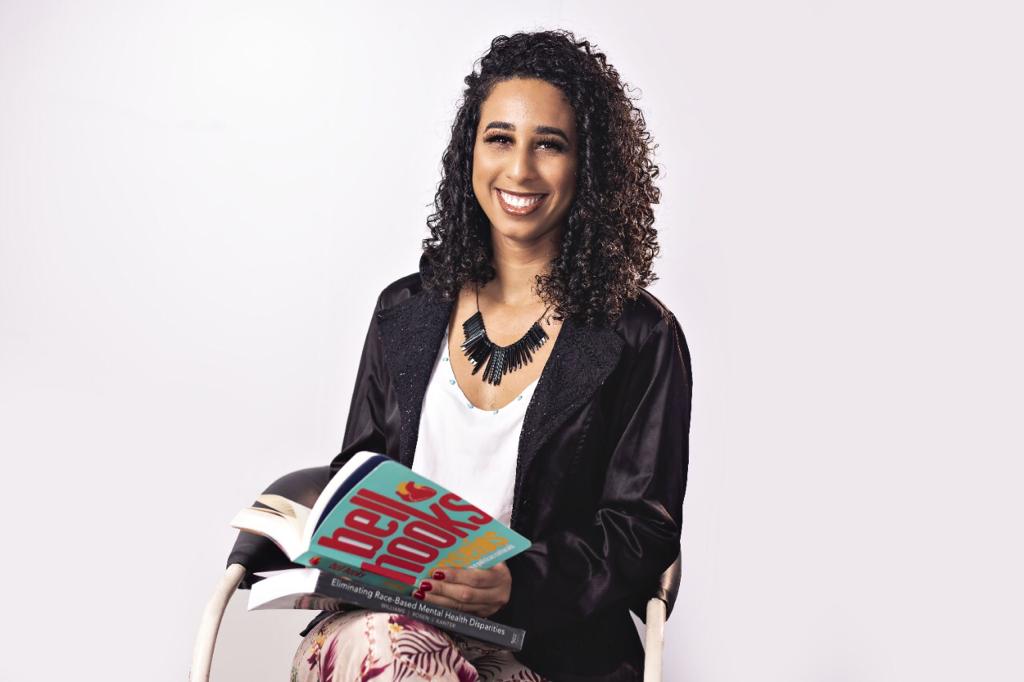
Could you please tell us a little about you and your background?
I'm a black woman from Bahia, a state in Brazil, and I finished my bachelor in Psychology in 2017. In 2018 I started to work as a clinical psychologist, and while I was doing that, I started to notice that some people (as black and LGBTQ+ ones) didn't fit really well in cases I used to read in books or listen to at conferences. Because of that, I started to research about minorities and specially black people's subjectivity. Since then I study, write and talk about antiracist clinical practices in Behavior Analysis.
How did you become interested in CBS?
Since I was in my first year at the university I'm interested in Behavior Analysis, because it made sense for me since the first time I heard about Skinner's work and the way radical behaviorism understands the human behavior. After my first contact with the field I volunteered myself to help in conferences as a monitor, and my interest only grew. When I had contact with the Acceptance and Commitment Therapy it also made sense to me, because it gives to people hope and choice to be the person they want to be guided by their own values, I think that's beautiful. So when I discovered ACBS I knew it would be the perfect place to learn and improve my practice as psychologist (and as a person as well), and it's been a real pleasure to be part of this community.
Could you tell us about your research and application interests?
I'm interested in subjects related to minorities' mental health, as women, black people, LGBTQIA+ people, and the interseccionality of race, sexual orientation and gender. My research at this moment is focused on how Acceptance and Commitment Therapy and Functional Analytic Psychotherapy can help black people to face racism and improve their mental health.
Could you tell us about your experience at the World Conference this year?
It was an awesome experience for me. Firstly, because I was completely grateful for the opportunity to represent my country and my people there. Secondly, because it was my first ACBS Conference at all, and I couldn't be there if the ACBS team didn’t have a scholarship like this. Thirdly, because I could learn so much from every researcher and speaker that was there too! I never imagined that one day I would meet Mavis Tsai and Steven Hayes in person. They are my big references as clinical psychologist since the beginning of my career! It was a pleasure to meet them, meet other speakers I admire and be closer to people that have the same concerns as I do about how to implement diversity, equity and inclusion in our field.
Besides, I met many different people, from many different places, and everyone was very kind, receptive to me. It was new and funny to get emotional in some workshops (as Mavis' ones) with people I never saw in my life! This happened because I felt confortable to be open and experience everything, so once again, thanks to all ACBS team. It was also a great opportunity to be closer to the Brazil chapter of ACBS, and other Brazilian researchers that do really interesting works here in Brazil that I didn't know. Beyond the profesional side, I'm sure I can say I made friends there, and this is really valuable to me.
Was there anything that stood out to you about the CBS community?
In general, it was a great surprise seeing themes related to Diversity, Equity and Inclusion in many researchs and speeches. I didn't see this kind of discussion at CBS a few years ago, and now I can see many researchers doing important efforts to fix that gap. I want to highlight the plenary of Matthew Skinta about how CBS community needs to be engaged to eliminate prejudice, because this is our responsability too. It was also great to see some diverse people as speakers there, as Táhcita Mizael, Janini Vaidya, Rhonda Magee, etc. It's really important to have diverse people as speakers, because people like me can relate to them, and this inspires us to keep doing what we do, even knowing how hard it is.
What did you take back from your experience that has been helpful to you?
I came back to Brazil with the inspiration and desire to get closer to CBS community, because now I know that has a large space to research about Diversity, Equity and Inclusion on our field. It was wonderful learning more about Process Based Therapy, because it's new and very promising in our field, and I think it can help a lot to improve minorities' mental health. I also could learn more about CBS applied to minorities, what helped me to be a better researcher and therapist. After the Conference I started to write papers in partnership with one of the researchers I got closer there, and I also got in groups of interests in Brazil Chapter. A few weeks ago I was invited to be speaker in a workshop from ACBS Brazil conference to talk about Racism and Psychotherapy, and there I could talk a little bit about my experience in the World Conference. It was really great to do that and I want to keep doing it!
Do you have anything else that you would like to share with the community?
I just want to say thank you again, and ask you guys to keep doing things like this. I'm sure our field only grows with the inclusion of diverse people, because there are many valuable contributions we can make, but this is possible only if we have the opportunity to be there, to improve our knowledge and to show our perspectives about the world.
If you would like to donate to the Diversity, Equity, and Inclusion Committee Fund, please click below:
Please note that this contribution does not qualify as a tax-deductible charitable contribution, according to USA tax law ... but it's a nice thing to do.
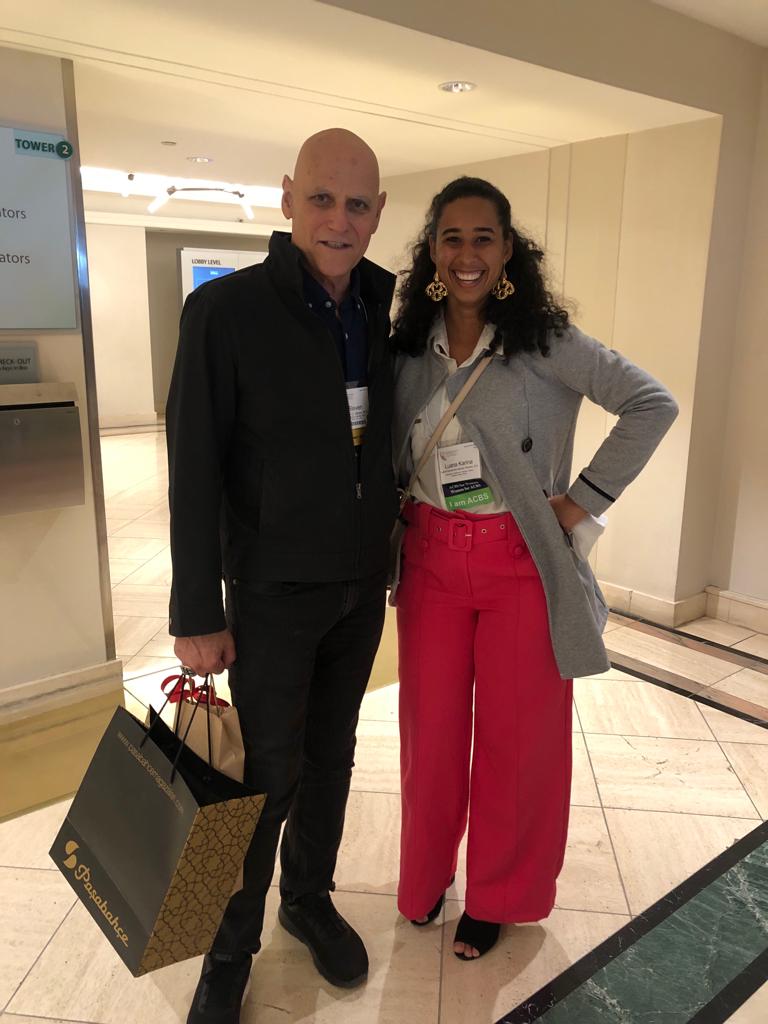
California, USA Dissemination Activities 2022
California, USA Dissemination Activities 2022Steven Tran, Oakland, California, USA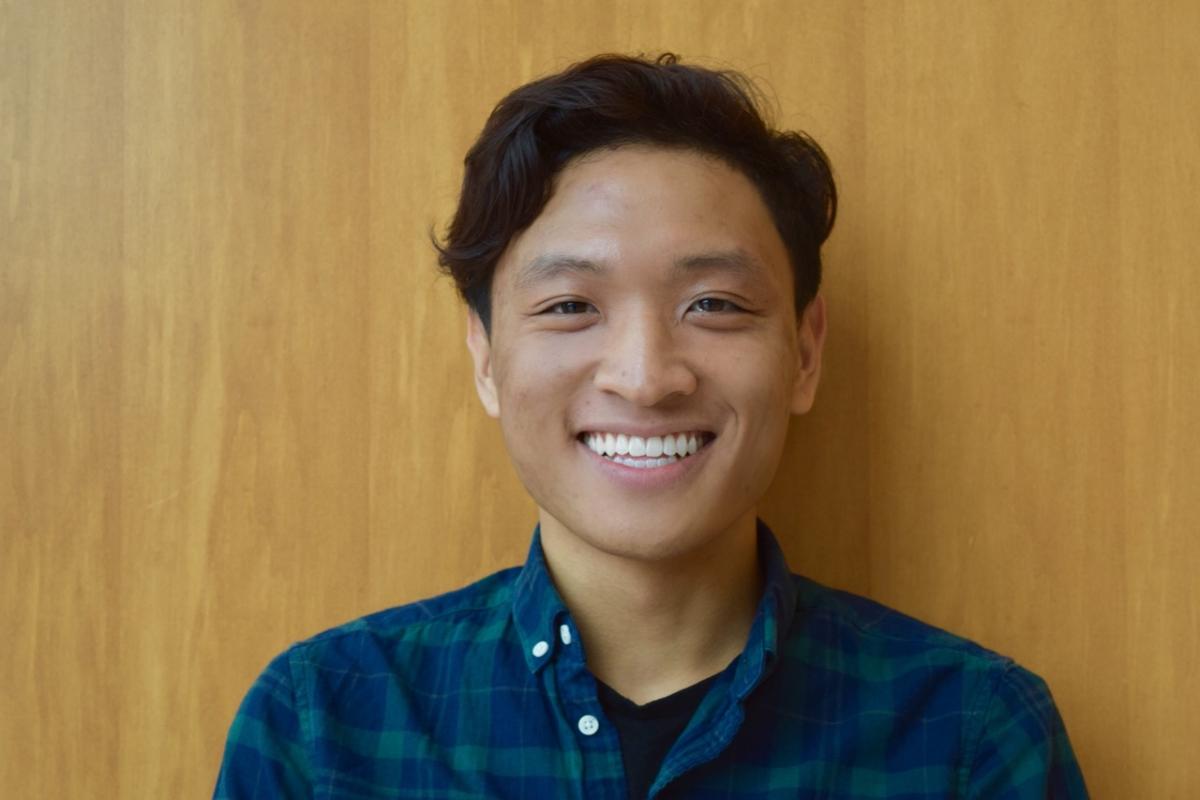
Could you please tell us a little about you and your background?
My name is Steven Tran. I am originally from Boston, MA and currently live in Oakland, CA. I am a third-year doctoral student in Clinical Psychology at the PGSP-Stanford Psy.D. Consortium at Palo Alto University. My current practicum placement is at the San Francisco Veterans Affairs Medical Center, where I primarily work with Veterans who struggle with substance use. My clinical interests include LGBTQIA+ psychology, substance use, mood disorders, group psychotherapy, and individuals with marginalized cultural identities.
How did you become interested in CBS?
My first exposure to CBS was a workshop led by a local ACBS San Francisco chapter member during my first year of graduate school. I was drawn to Relational Frame Theory and the principles of Acceptance and Commitment Therapy. This initial exposure led me to further explore this framework and how I can apply them in my clinical work.
Could you tell us about your research and application interests?
My current research is on investigating adolescent substance use. I am working with Dr. Karen Osilla at Stanford University School of Medicine in the Department of Psychiatry and Behavioral Sciences. I hope to utilize the research literature in CBS to further inform my research.
As a trainee, I hope to continue applying acceptance and change-based approaches in my work with individual and group settings.
Could you tell us about your experience at the World Conference this year?
I attended the World Conference 2022 in San Francisco, California. This was the first in-person conference since the beginning of the COVID-19 pandemic. I was excited about the World Conference since I have not attended any in-person conferences since beginning graduate school in Fall 2020. Through this experience, I was able to meet many researchers and fellow students who are engaged in cutting-edge research and clinical work. This conference sparked a new level of motivation and interest in integrating CBS into my graduate school training and coursework. I am truly grateful for the connections that I have made.
Was there anything that stood out to you about the CBS community?
In attending the World Conference, I am inspired by the warmth and passion that the CBS community exudes. The countless presenters and attendees were extremely open to meeting new people and explaining concepts in ways that met people where they were at. I also enjoyed how the CBS community is attuned to diversity, equity, and inclusion in research and clinical work.
What did you take back from your experience that has been helpful to you?
Since the World Conference, I have been reflecting on what I learned. I hope to continue bringing in my takeaways into the classroom and my clinical work.
Do you have anything else that you would like to share with the community?
I would like to thank the ACBS DEI Committee and those that made the World Conference 2022 possible. This experience is a highlight in my graduate school training. I hope to continue participating in the ACBS community and my local chapter in the many years to come in my professional career. Thank you so much!
Istanbul, Türkiye Dissemination Activities 2022
Istanbul, Türkiye Dissemination Activities 2022Ela Ari, Istanbul, Türkiye
Could you please tell us a little about you and your background?
I am Dr. Ela Ari from Istanbul, Turkey. I am a full-time faculty in psychology department in Istanbul Medipol University. I am also an ACT therapist and co-founder of “Resilience Akademi”. My research and teaching is mostly on Organizational Psychology and Resilience.
How did you become interested in CBS?
Early in 2017-18 I started to do behavioral research on mindfulness and self-compassion. Then, I encountered the use of ACT model in organizational psychology. During Covid, I got my clinical psychology master’s degree. Then, I became an ACBS member and got more familiar with CBS. Recently, I integrated some ACT principles/exercises in the resilience programs to employees and communities that I am working with.
Could you tell us about your research and application interests?
I established a Resilience Lab in my university. Currently, we are working with implicit emotion regulation and its relationship with psychological symptoms, developing a multifactorial resilience scale. Recently, we published a research article on how we disenfranchise for others and self-disenfranchise grief and loss. We are planning to include compassion interventions to take this research to another level. We are also experimenting on time perception and psychological flexibility. Currently, we are working on a mobile application for end users to build mental resilience. I would like to collaborate with different CBS researchers in these areas and/or cross-cultural aspects.
Could you tell us about your experience at the World Conference this year?
It was a wonderful experience for my academic, research and practice purposes. Meeting my former friends and hanging out in San Francisco was lovely. Meeting with new people was also exciting. I had an ignite talk where I tap danced to show how to regulate emotions between therapy sessions. This might be the most joyful talk that I’ve ever given with all audience tap dancing with me. I also had a poster presentation about “Retrospective Time Perception: The influence of heart rate on time estimation on Anxiety and Mindfulness”. The questions and comments for the study were very lifting.
Was there anything that stood out to you about the CBS community?
Definitely yes. First, it was an inspiring experience in terms of research applications that are conducted around the World. On the other hand, I learned a lot in terms of clinical practice. I enjoyed every moment of all three days that I was there.
What did you take back from your experience that has been helpful to you?
I had a chance to meet famous CBS researchers in person and was surprised to see how approachable, humble, and helping they were. I want to try to come again or join online. It was very nurturing.
Do you have anything else that you would like to share with the community?
I have been in many conferences throughout my academic life. This was the best experience I have ever had, including Follies Night!
